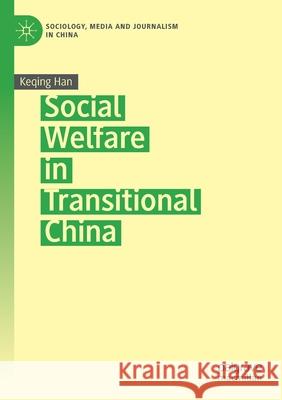Social Welfare in Transitional China » książka
topmenu
Social Welfare in Transitional China
ISBN-13: 9789813296626 / Angielski / Miękka / 2020 / 405 str.
Social Welfare in Transitional China
ISBN-13: 9789813296626 / Angielski / Miękka / 2020 / 405 str.
cena 442,79
(netto: 421,70 VAT: 5%)
Najniższa cena z 30 dni: 424,07
(netto: 421,70 VAT: 5%)
Najniższa cena z 30 dni: 424,07
Termin realizacji zamówienia:
ok. 16-18 dni roboczych.
ok. 16-18 dni roboczych.
Darmowa dostawa!
Kategorie:
Kategorie BISAC:
Wydawca:
Palgrave MacMillan
Seria wydawnicza:
Język:
Angielski
ISBN-13:
9789813296626
Rok wydania:
2020
Wydanie:
2020
Numer serii:
000837539
Ilość stron:
405
Waga:
0.55 kg
Wymiary:
21.01 x 14.81 x 2.41
Oprawa:
Miękka
Wolumenów:
01
Dodatkowe informacje:
Wydanie ilustrowane











